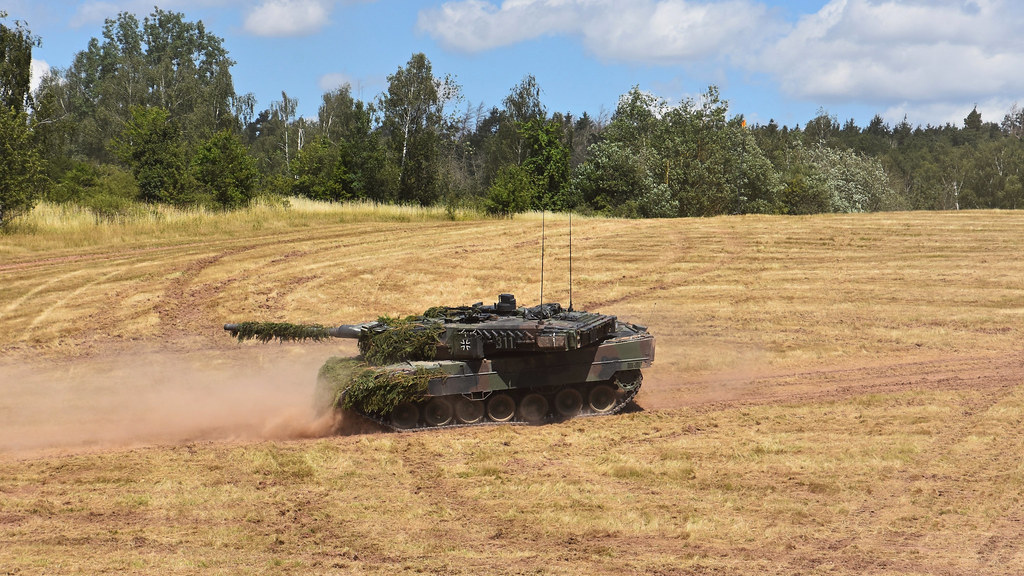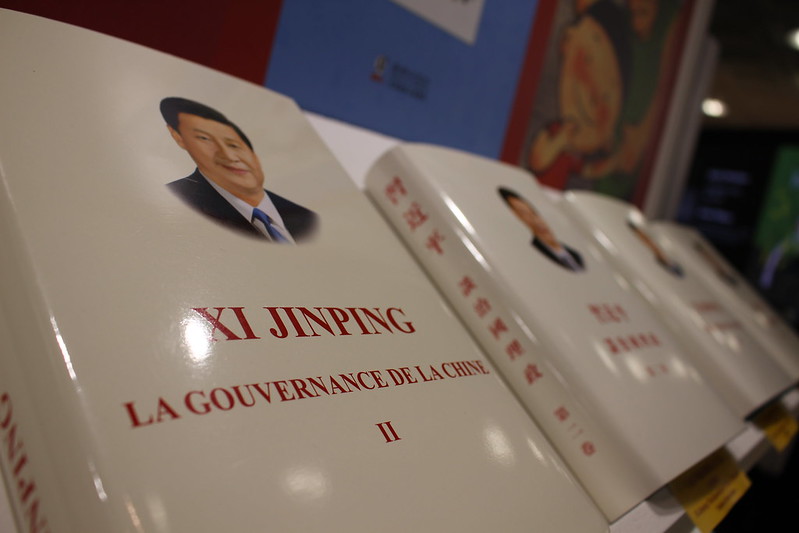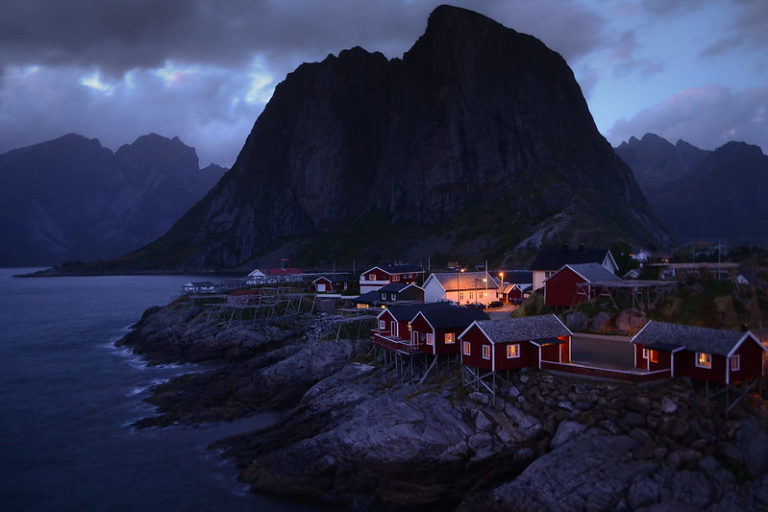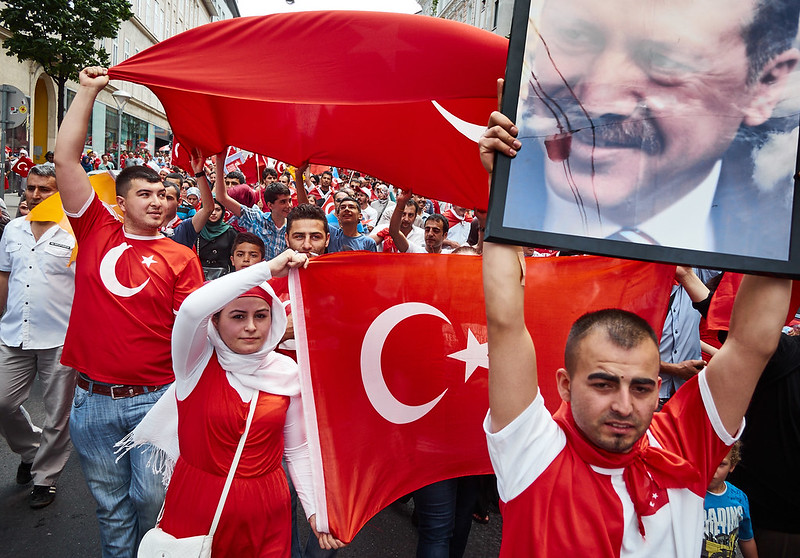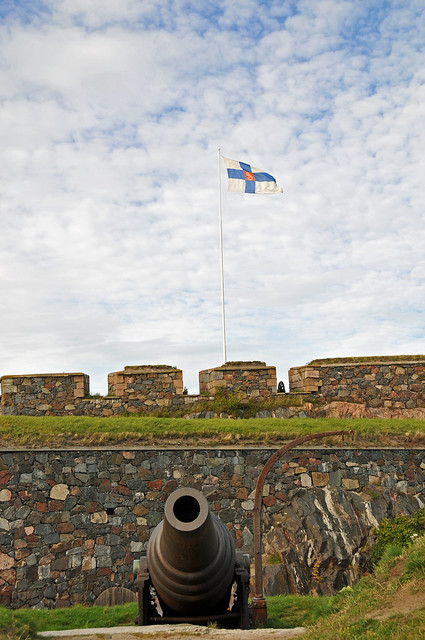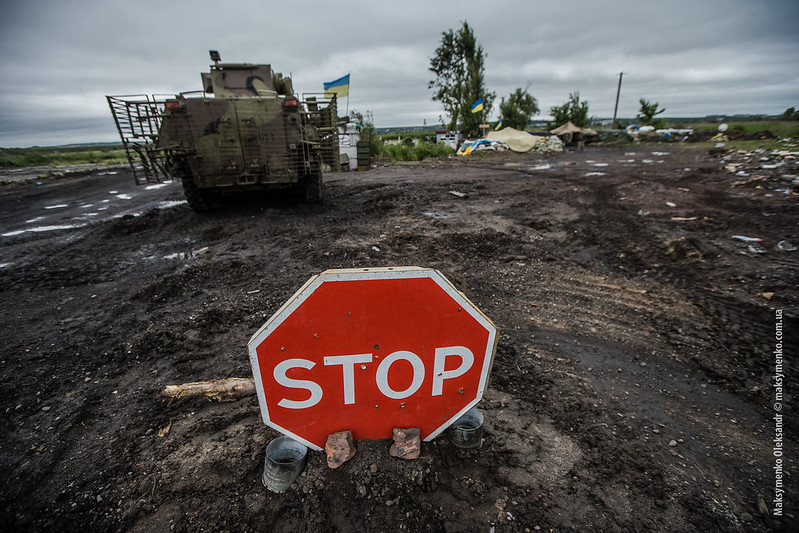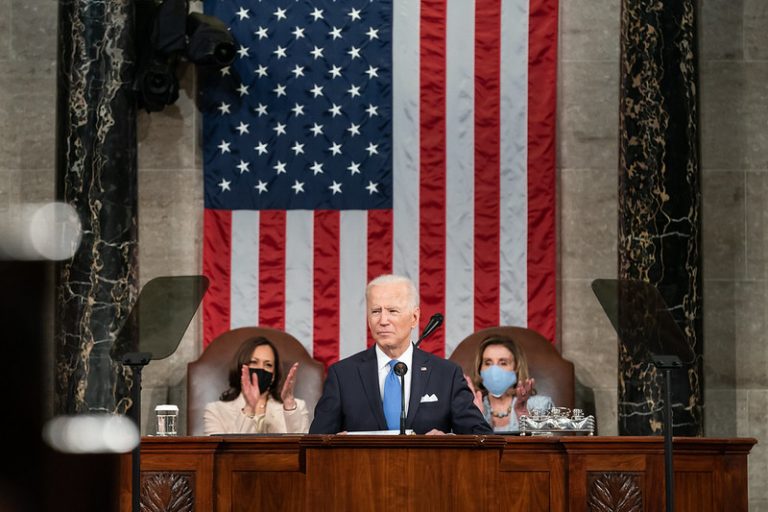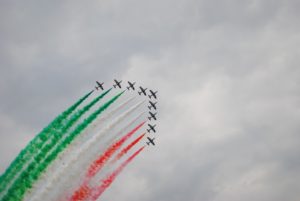Letter from La Vigie, 14 September 2022
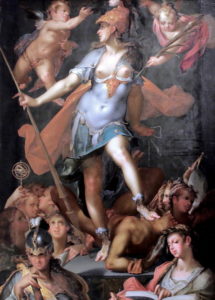
Power, Europe, speeches
Olaf Scholz in Prague and Emmanuel Macron in front of the ambassadors have both just given speeches that mention their visions of Europe. If there are real convergences, let us note that the perspectives seem different. Yet, despite the apparent persistence of divisions, the European Union has managed to move forward. Its ability to compromise is perhaps what makes it truly powerful.
To read the article, click here
N° 200: eight years of La Vigie
With this issue 200 of La Vigie, we wanted to draw the guiding thread of the strategic transition that has affected all security issues for the past eight years, from 2014 to 2022. For France, three milestones are decisive: 2015, the year in which the country was warned about terrorism on its own territory; 2019, the year of the global health breakdown; and 2022, with the Russian invasion in the heart of Europe. To do this, we consulted our eight end-of-year reviews, which are highly instructive: yes, we have indeed changed our strategic framework and we will have to adapt to it.
To read the article, click here
Strategic fasting
It is accepted, whether for religious or non-religious reasons, that frugality and fasting have virtues for the human body. Figuratively speaking, it is becoming urgent for our state social bodies to adopt a more frugal posture, at all levels, in order to safeguard their independence and thus their sovereignty.
To read the article, click here
Lorgnette: New Kingdom
At the time of the Queen of England’s Golden Jubilee, we hailed her as the last living political witness to the Second World War (LV 194). Her death coincides with the arrival at 10 Downing Street of Liz Truss, a sort of B. Johnson in petticoats. The simultaneity of the two events marks the definitive end of an era, that of a British twentieth century that had managed to make the transition from the world’s leading power to a European power that had fallen into line. This phantasmagorical England, which tries to maintain its traditions in the face of a changing world, is the source of the ‘soft power’ narrative of popular television series (The Crown, Downton Abbey, Peaky Blinders). That England is no more.
We have entered a new world, the post-Brexit world, perhaps the world of a ‘Global Britain’ (LV 165). There is no guarantee that the new king, Charles III, will have the reassuring prestige that Elizabeth II had built up. That discreet charm of the monarchy has thus left us. But the small regret at the fading of “yesterday’s world”, as S. Zweig said, is in the end the nostalgic characteristic of all changes of era.
Subscribers: click directly on the links to read online or download the pdf issue (here), always with your login/password. New readers: read the article by issue, by clicking on each article (€2.5), or subscribe (discovery subscription €17, annual subscription €70, orga. subscription €300 excl. tax): here, the different options.
JOCVP
Crédit photo : jean louis mazieres on Visualhunt.com
